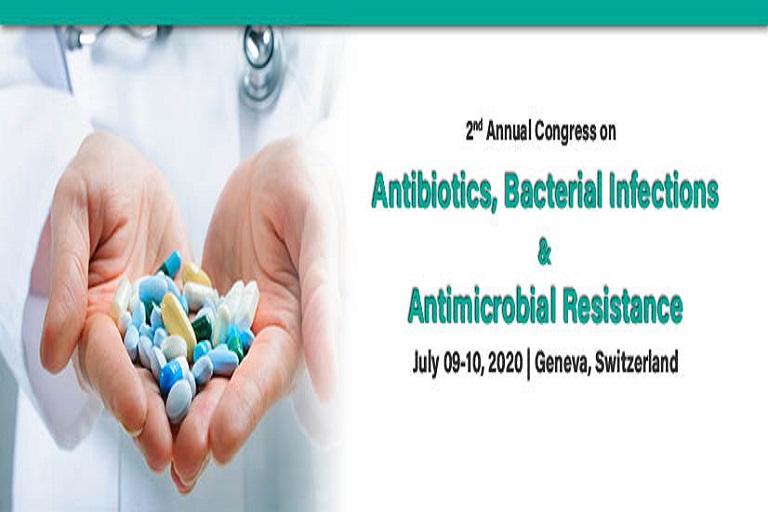Dislodged Gastrointestinal Tubes, Handoff Communications, and Retained Surgical Items, all in the March 2017 Pennsylvania Patient Safety Advisory
Use of health information technology (HIT), such as computerized prescriber order entry systems and pharmacy information systems, can help prevent patient safety problems; however, if designed or implemented poorly, HIT can have significant adverse consequences for patient safety.
Between January 1 and June 30, 2016, Pennsylvania healthcare facilities reported 889 medication-error events that indicated HIT as a contributing factor. The most frequently reported errors included dose omission, wrong dose or overdosage, and extra dose; the most commonly reported systems involved were the computerized prescriber order entry and the pharmacy systems.
“As more healthcare organizations adopted EHRs [electronic health records] and such systems became increasingly interoperable, the Authority observed an increase in reports of HIT-related events, particularly in relationship to medication errors. In response, the Authority implemented additional event reporting questions that would better capture whether HIT was a contributing factor in reported events,” explained the Authority’s executive director, Regina Hoffman.
In its last annual report, the Authority included quantitative data about HIT-related events through 2015, and preliminary data suggested that the predominant number of reports by event type was medication errors. In this in-depth analysis of HIT-related medication errors released today, the Authority characterized contributing factors of a recent report sample.
Authority analysts found that HIT-related errors occurred during every step of the medication use process and further, a majority of errors reached the patient. High-alert medications (i.e., medications that bear a heightened risk of patient harm if used in error) such as opioids, insulin, and anticoagulants, comprised three of the top five drug categories involved in most events.
“We can examine HIT system failures for both human and system errors. Conducting a root-cause analysis when errors occur, developing a strong culture of safety in which workers feel empowered to report unsafe conditions, and routine HIT system surveillance are just a few approaches to reducing HIT related medication errors. We can also learn from systems that work well,” says Dr. Ellen Deutsch, medical director for the Authority.
For these and more risk reduction strategies, see the full article.
Additional articles in this issue of the Pennsylvania Patient Safety Advisory offer in-depth data analysis, education, resources, guidance, and strategies about the following:
- Dislodged Gastrointestinal Tubes: Prevention, Recognition, and Treatment
Hospitals can decrease the risk for gastrointestinal tube complications by implementing best practices and risk reduction strategies to confirm proper positioning of gastrostomy tubes and to prevent, recognize, and manage dislodgement. Aside from peritonitis and sepsis, other serious harm — including death — can result from even minor changes in gastrostomy tube position. - Handoff Communications: A Systems Approach
Handoffs are an integral part of care coordination and the delivery of safe patient care. Using handoff processes that incorporate critical thinking and reasoning skills to address patient needs and providing handoff training and education are strategies to improve patient handoff communications. - Retained Surgical Items: Events and Guidelines Revisited
Surgical items such as sponges, sharps, and instruments may be retained in a patient’s body during surgery and can lead to serious patient harm. Detecting and reporting retained surgical items may help to determine patterns and root causes using a definition decided upon by the healthcare facility.
See the complete issue of the March 2017 Patient Safety Advisory.
About the Pennsylvania Patient Safety Authority: The Authority was established under Act 13 of 2002, the Medical Care Availability and Reduction of Error (MCARE) Act, as an independent state agency. The Authority is charged with taking steps to reduce and eliminate medical errors by identifying problems and recommending solutions that promote patient safety. For more information about the Authority, please visit our website at www.patientsafetyauthority.org or call 717-346-0469.




































